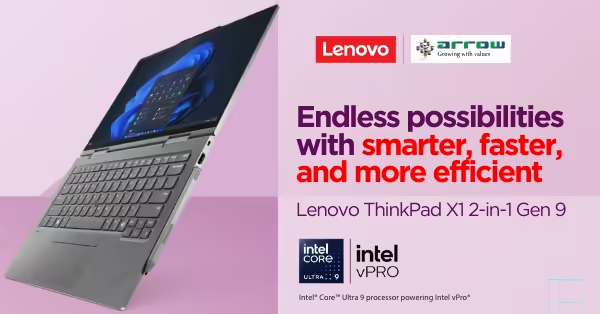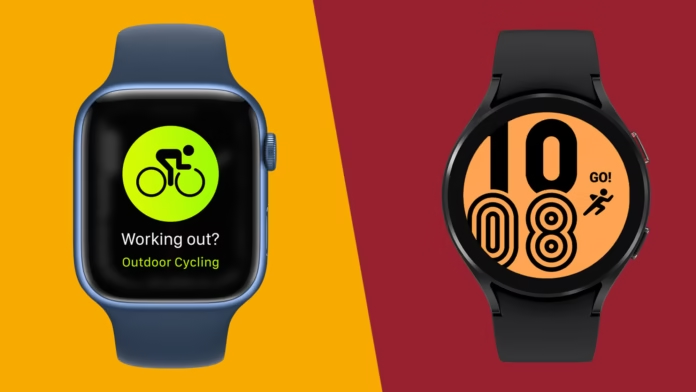The future of health tech is not in hospitals — it’s on your wrist. With healthcare costs climbing and aging populations opting to stay at home, Samsung is pivoting hard into digital wellness. Their latest move? A major upgrade to their Galaxy Watch lineup aimed directly at the heart of the Apple Watch market.
But can Samsung close the gap with Apple in wearables? Let’s dig into the strategy behind their next big bet — and what it means for the digital health arms race.
From Smartphones to Smart Health
“We’re not trying to compete on steps and heart rate alone anymore,” said Hon Pak, the head of Samsung’s mobile digital health team. “We’re going deeper — into prevention, into the home.”
He’s not wrong. AI is rapidly transforming how we monitor health. From personalized coaching to nutrition insights, what used to be the job of a physician is now handled — at least partially — by algorithms embedded in consumer tech.
Samsung’s upcoming update for the Galaxy Watch 5 and newer models will include tools to track antioxidants, offer sleep guidance, and even provide AI-generated running plans. One feature, in particular, stands out: a sensor that measures beta carotene levels — a key antioxidant — through your skin. It’s subtle, futuristic, and backed by clinical trials.
Compare that to Apple’s Workout Buddy and the ongoing evolution of the Apple Watch, and it’s clear: this isn’t just a fitness contest anymore. It’s about long-term health.
Health at Home: Where Samsung Sees Its Edge
While Apple remains king of the smartwatch mountain — owning roughly 20% of the global market — Samsung sits at around 6%, per IDC’s 2025 Q1 report. Still, Samsung might have a home-field advantage — literally.
Think about it. Samsung already dominates living rooms and kitchens with smart TVs and appliances. The company wants to use that footprint to build an integrated health ecosystem. Imagine your fridge, your watch, and your TV working together to optimize your meals, sleep, and workouts.
For companies like Arrow PC Network, which offers end-to-end IT services and future-ready solutions, this convergence of home tech and personal health opens up new arenas — from secure data management to integrated infrastructure that supports wearable tech deployments for healthcare providers and smart cities alike.
![Best Apple Watches to Buy in 2025 [Buyer's Guide]](https://i0.wp.com/www.techspecs.info/blog/wp-content/uploads/2025/06/Best-Apple-Watch-in-2025.jpg?w=696&ssl=1)
Apple Watch: The Bar to Beat
So far, Apple has done a stellar job marketing the Apple Watch as the perfect companion device. It’s sleek, intuitive, and already embedded in millions of users’ daily routines. Researcher Jitesh Ubrani even suggests Apple is “closer than anyone to making the smartwatch a must-have.”
But as good as Apple is, there’s still room for innovation — and competition.
Samsung is betting big on AI. An AI-powered health chatbot is in the works. So are smart glasses that could use vision models to log meals, detect allergens, or even analyze how fast you’re eating. These are no longer just concepts. Developers are already using models like ChatGPT and Google Gemini to assess food content from a single photo.
As Hon Pak said, “The technology is there. It’s about packaging it right.”
The Compatibility Catch
Here’s where things get tricky: Samsung’s watches don’t work with iPhones. That cuts out nearly 20% of potential users. While Pak hinted at possible talks with Apple, there’s no deal on the table yet. And realistically, would Apple open its walled garden to a rival’s wearable?
That’s a billion-dollar question.
Smart Health as a Service
What Samsung is building isn’t just hardware — it’s a health platform. And that model mirrors what companies like Arrow PC Network offer in the enterprise world: integrated, intelligent, and secure solutions tailored to evolving customer needs.
As consumer wearables become clinical-grade and AI-driven insights guide everyday choices, the tech giants are racing not just for your data, but for your trust.
Companies leveraging this transformation — whether through Samsung’s AI-driven health tools, Apple’s seamless hardware-software integration, or IT services by Arrow PC Network that enable and protect these ecosystems — are shaping the future of personal healthcare.
So next time you strap on a smartwatch, ask yourself: is it just telling time or helping you live longer?




